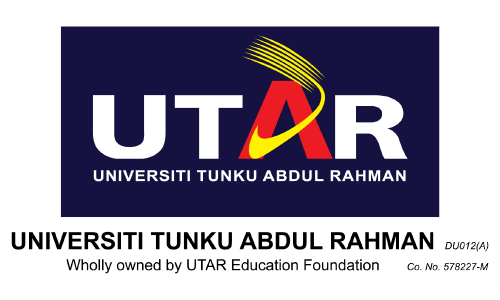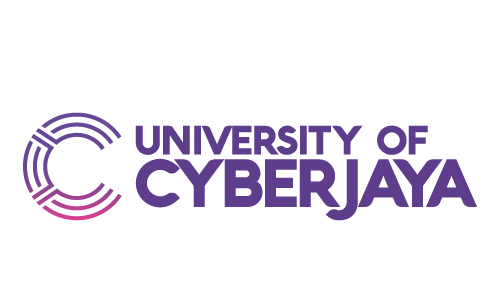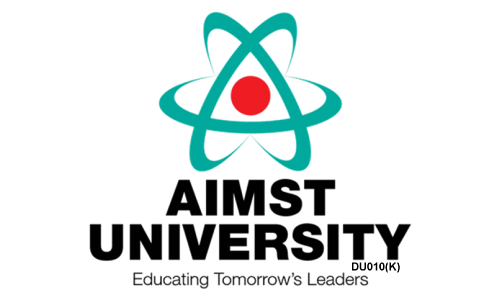The Complete Guide to Studying Physiotherapy in Malaysia
Looking for the right price to study physiotherapy in Malaysia? Start here. Explore requirements and compare study fees and universities with this guide.
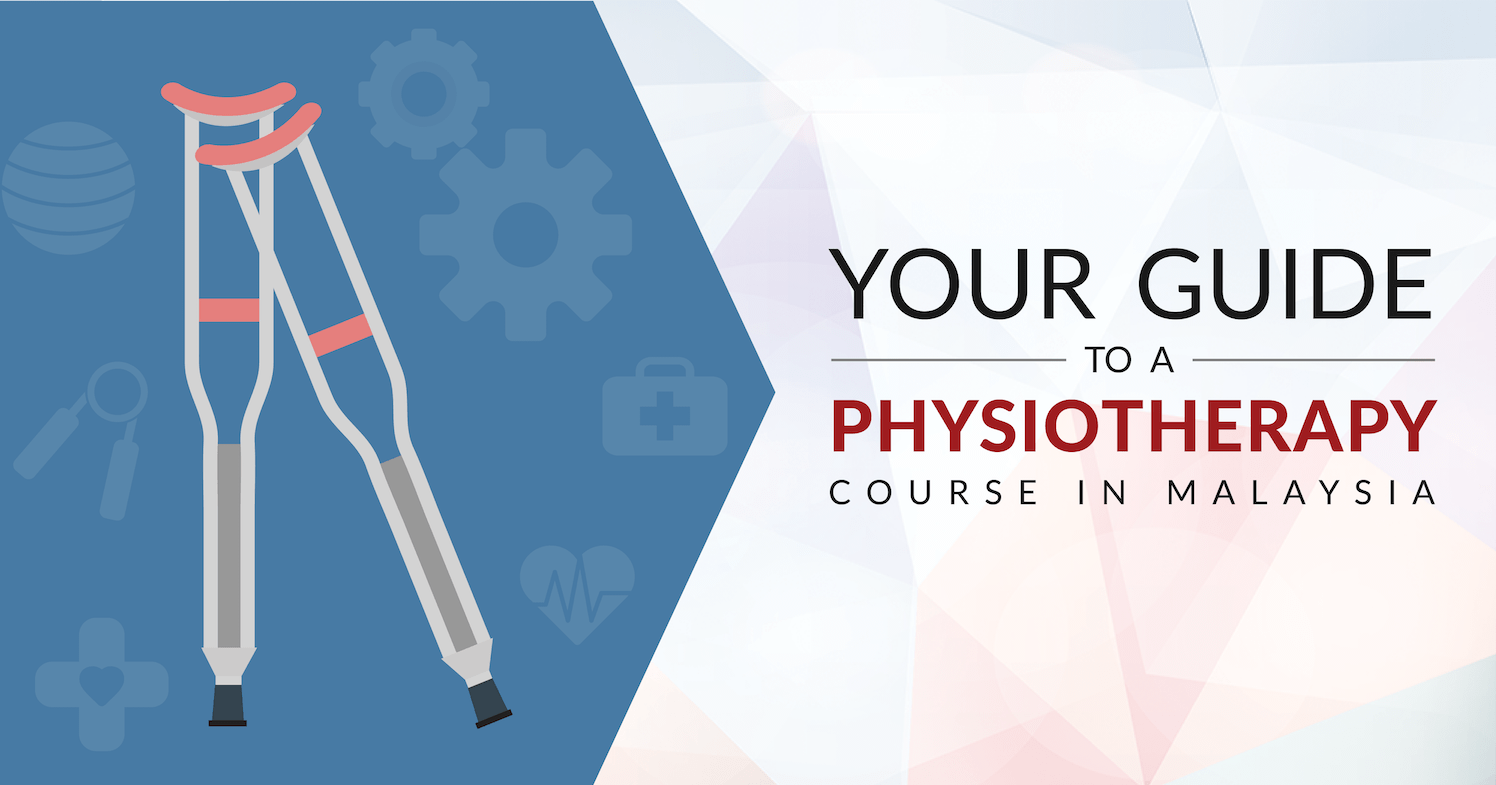
When NBA superstar Kobe Bryant tore his Achilles tendon, it could have ended his career. But thanks to physiotherapy and rehabilitation, he was soon back on the court, making high-flying slams and fade away jumpers. In fact, physiotherapy is so crucial to Kobe Bryant’s performance that he has a physiotherapist that works with him almost exclusively.
Physiotherapy isn’t just limited to athletes looking to heal and recover faster.
As a specialised healthcare field, physiotherapy plays a significant role in helping patients recover from physical difficulties and movement loss due to injuries, illnesses or disabilities. Uniquely, instead of medication, physiotherapists actually assign “homework” to their patients.
If you are interested in a career that interacts with people every day while promoting physical health, read on to find out what’s in store for you in a Physiotherapy course here.
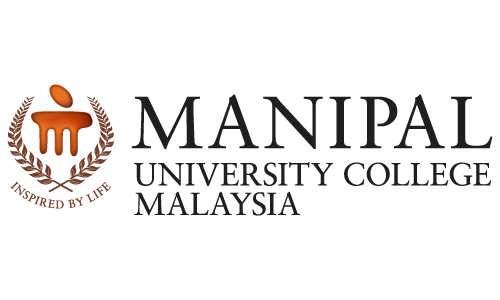
Manipal University College Malaysia (MUCM)
BSc (Hons) Physiotherapy
✓Emphasis on hands-on practice with 1,200 hours of clinical placement training in hospitals and healthcare centres
#1. The Basics of Physiotherapy
a) What Is Physiotherapy?
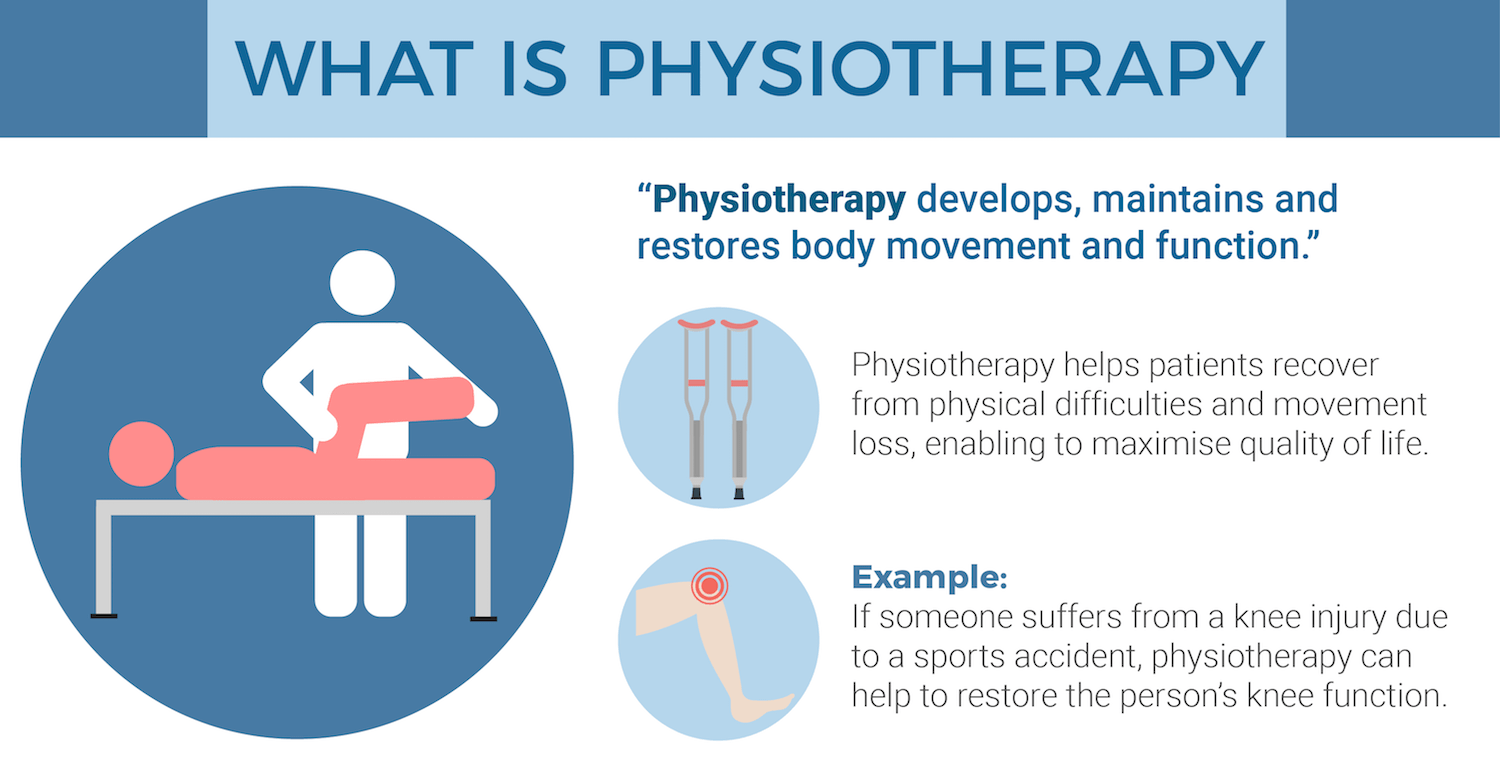
Physiotherapy is a healthcare profession that deals with developing, maintaining and restoring maximum body movement and function.
In other words, when someone gets injured in sporting activities, suffers movement loss due to strokes or accidents, or is born with movement disabilities, physiotherapy can help to re-establish or optimise body movement.
Physiotherapy plays a crucial role in helping those who have lost their mobility or suffer from movement disorders due to injury, illness, disability or ageing. For these people, physical therapy helps them maximise their quality of life and carry out everyday tasks as any other normal person could.
#2. Studying a Physiotherapy Course
a) Entry Requirements & Qualifications
To pursue a Physiotherapy course, you must meet the minimum entry requirements set by your desired college or university.
(i) Diploma in Physiotherapy
Here are the general entry requirements for a Diploma in Physiotherapy:
- SPM / O-Level: Minimum 5Cs in Mathematics, one Science subject and 3 other subjects (this can include Malay and English)
You will also need a pass in Malay and English Language.
A Diploma in Physiotherapy will take up to 3 years to complete, which upon completion, you can choose to seek suitable employment opportunities. That being said, you can also opt to continue with your Physiotherapy education by pursuing a Degree in Physiotherapy.
Pursuing a Diploma in Physiotherapy will equip you with the relevant knowledge and skills to perform basic physiotherapy diagnoses and apply the right treatment procedures. You will also be taught how to utilise the latest physiotherapy equipment and tools that can assist you in administering treatments.
(ii) Degree in Physiotherapy
To take a Degree in Physiotherapy, you will need to complete your SPM (or a similar qualification) AND a Pre-University qualification first.
You are also required to meet the minimum entry requirements set by your desired university. The general entry requirements for a Degree in Physiotherapy are:
- A-Level: Minimum 2Ds in TWO of the following subjects (Biology, Physics or Mathematics, Chemistry); or
- STPM: Minimum CGPA of 2.33 including TWO of the following subjects (Biology, Physics or Mathematics, Chemistry); or
- Canadian Pre-University: Average of 55% including TWO of the following subjects (Biology, Physics or Mathematics, Chemistry); or
- Diploma in Physiotherapy: Minimum CGPA of 2.75
- Foundation in Science: Minimum CGPA of 2.33 including TWO of the following subjects (Biology, Physics or Mathematics, Chemistry)
In most cases, you will also need at least 5 credits at SPM or equivalent, where 3 credits must be from the following subjects: Biology, Physics, Mathematics, Chemistry and English.
On top of that, you also require at least a Band 3 in MUET Band 3 or band score of 5.5 in IELTS.
A Degree in Physiotherapy is usually 4 years long.
With a Degree in Physiotherapy, you will gain greater competency in performing assessments, as well as learn to select and apply the right treatment techniques.
More importantly, you will obtain further insights and skills to conduct your own research and demonstrate life-long learning capabilities to ensure a sustainable and successful career in physiotherapy.
Expect to go for clinical postings (typically minimum 1,000 hours) throughout your Degree in Physiotherapy to acquire key practical skills and learn how to administer treatment procedures.
In addition, you will also be required to carry out a research project during your final year.

b) How Does Your Education Pathway Look Like?
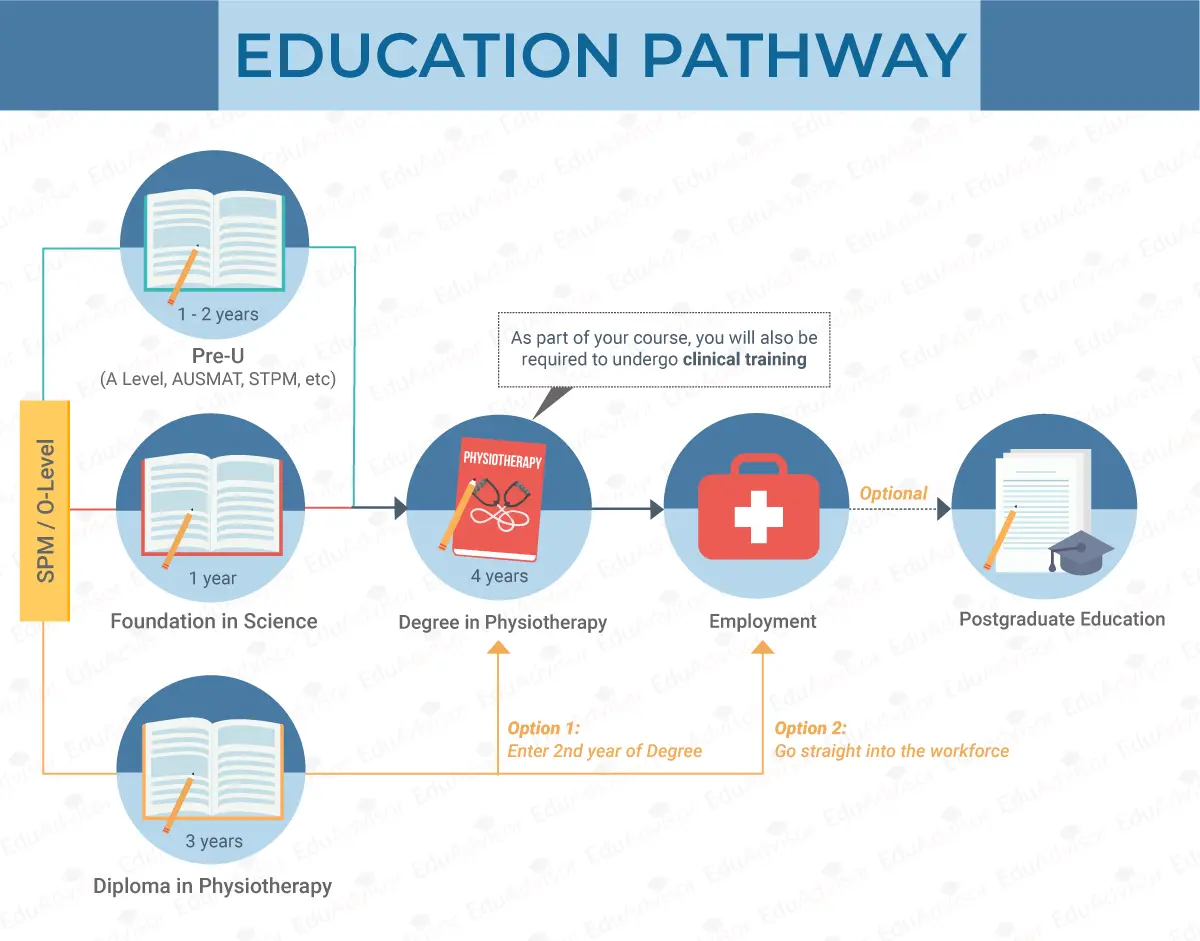
After SPM (or an equivalent qualification), you can choose to proceed to a relevant Pre-University course or a Foundation in Science. Alternatively, you can also choose to pursue a Diploma in Physiotherapy, in which you can choose to join the workforce directly afterwards.
Otherwise, you can proceed to a Physiotherapy Degree. Upon completion of your Degree in Physiotherapy, you can also choose to pursue postgraduate studies on Physiotherapy.
Pursuing postgraduate studies in Physiotherapy will further enhance your mastery of knowledge in physiotherapy, including developing and undertaking clinical research as well as generate improvements in various physiotherapy specialties.
c) How Much Does It Cost To Study Physiotherapy in Malaysia?
A physiotherapy diploma can cost from RM32,300 to RM42,000. Meanwhile, a physiotherapy degree can range from RM40,000 to RM95,500.
d) What Will You Study in Physiotherapy?
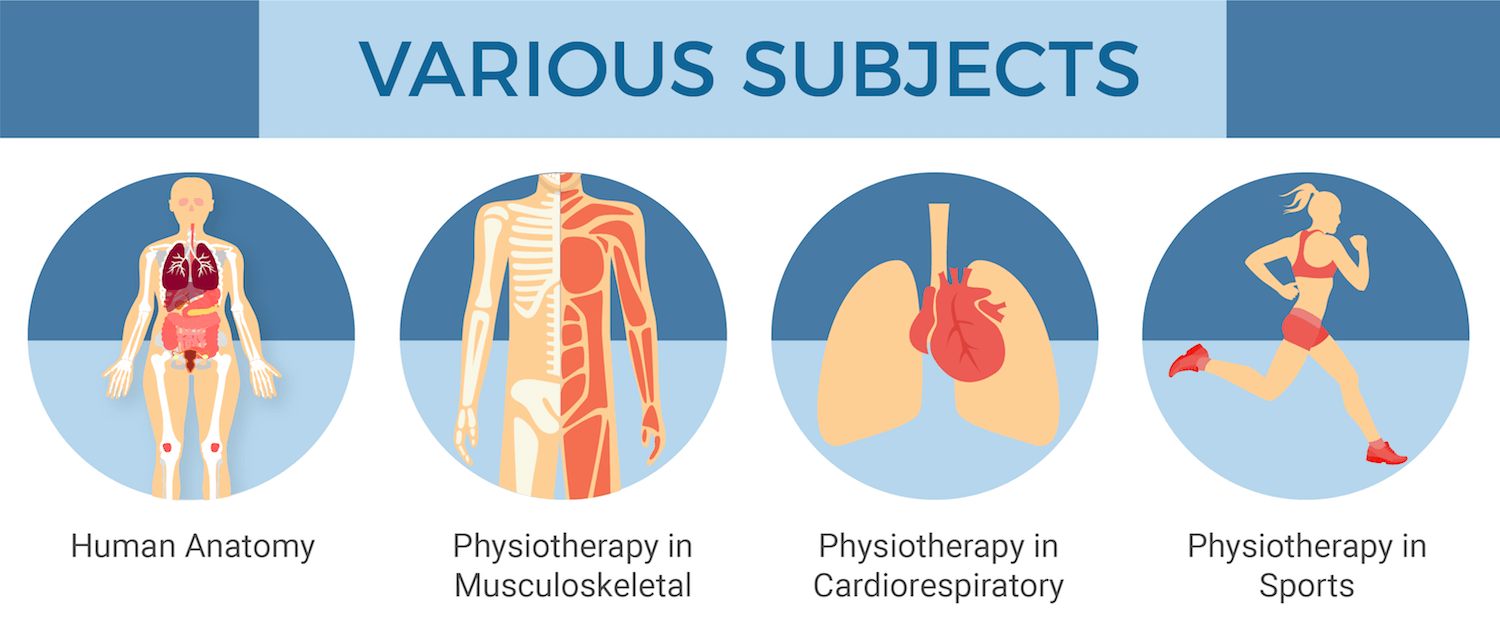
Apart from learning the necessary basic sciences and going through clinical postings, you will obtain basic exposure to various specialisations of Physiotherapy such as cardiorespiratory, sports, paediatrics, occupational health and neurology.
Generally speaking, here are some of the common subjects that can be found in a typical Physiotherapy course:
- Human Anatomy
- Human Physiology
- Biostatistics
- Kinesiology
- Pathology
- Physiotherapy in Musculoskeletal
- Physiotherapy in Cardiorespiratory
- Physiotherapy in Paediatric
- Physiotherapy in Sports
- Physiotherapy in Occupational Health
As part of your industrial training, your clinical placement can be in a wide range of places that require physiotherapy services, including homes for disabled children, sports and fitness centres, nursing and elderly homes, special needs schools and hospices.

Manipal University College Malaysia (MUCM)
Foundation in Science
✓Curriculum is designed to prepare you for a career in health science, particularly medicine or dentistry
#3. Why Should You Study Physiotherapy?
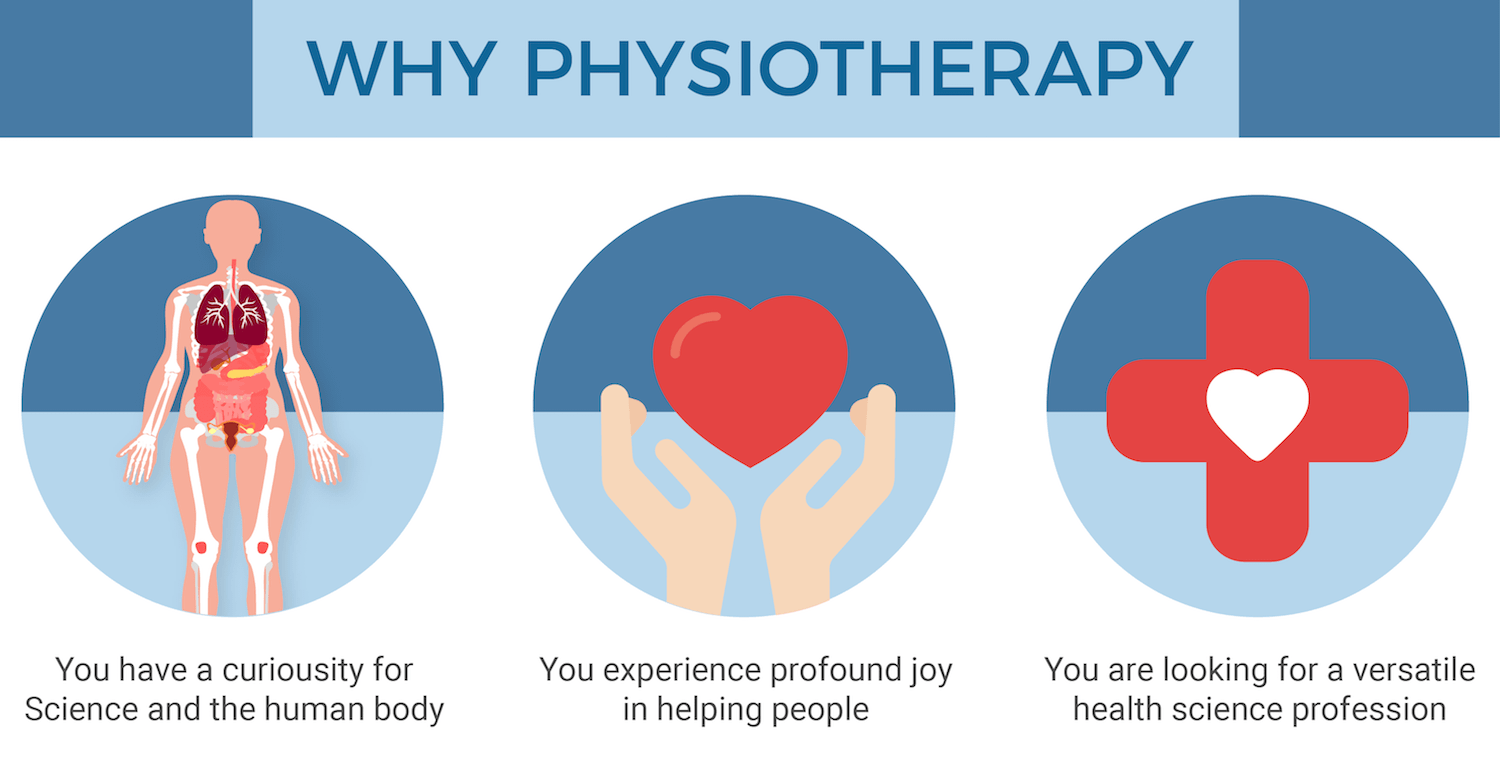
A Physiotherapy course can be as equally demanding and challenging as other medical and healthcare courses. You need to consider your motivations and purpose of pursuing Physiotherapy thoroughly.
Here are some reasons why you can consider pursuing a Physiotherapy course.
(a) You have a strong curiosity in Science and the human body
If Biology has always been your forte and you have a passion for seeking a deeper understanding of the human body, then Physiotherapy can certainly quench your thirst for knowledge.
From understanding how the respiratory, neurological and musculoskeletal systems affect mobility to mastering the human anatomy, you can certainly find Physiotherapy an intellectually satisfying pursuit.
(b) You experience profound joy in helping people
Almost, if not all, medical and healthcare professions exist for one sole reason – to help people.
It is very important to have your mind set in putting other people first in order to find a career in Physiotherapy rewarding. Otherwise, you will be better off considering other courses.
If nothing else lights up your day than seeing someone making progress due to your continuous efforts, then Physiotherapy may just be the thing for you!
(c) You are looking for a versatile health science profession
Physiotherapy graduates are more adaptable compared to other conventional health science professions like medical and dentistry graduates.
Apart from the usual work settings associated with most healthcare professions such as hospitals, health centres and nursing homes, Physiotherapy graduates can also explore opportunities in corporations, schools and even sports centres!

#4. What Skills Do You Need for a Physiotherapy Course?
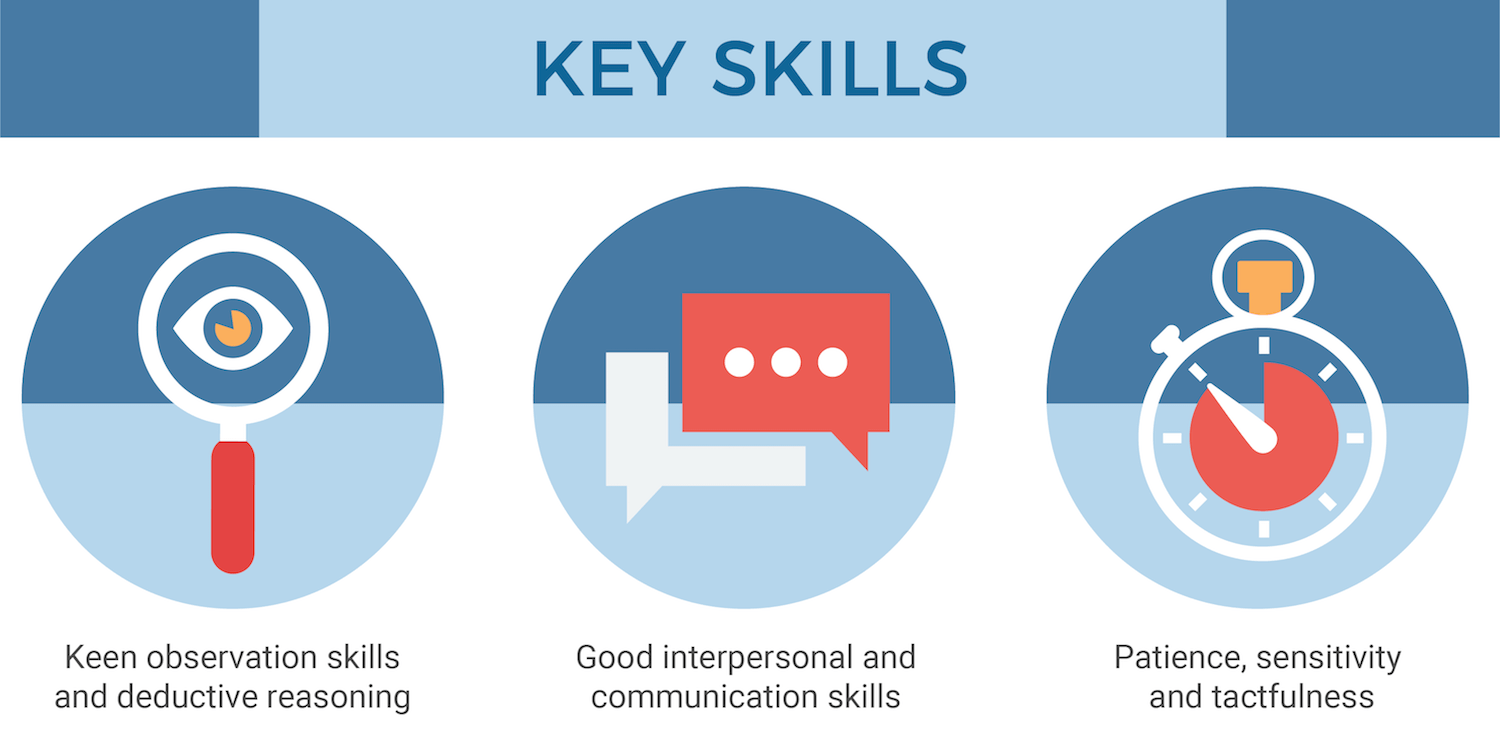
Certain skills are considered necessary if you want to pursue a course in Physiotherapy. Here are some major ones.
(a) Keen observation skills and deductive reasoning
A lot of your preliminary diagnoses and assessments in physiotherapy may come from keen observations. Your sharp focus on a patient's movements and constant monitoring of their progress will help you identify the root of the problem more effectively.
When embarking on clinical postings, your keen observation skills will also come in handy when you need to pick up the practical know-hows from senior or qualified physiotherapists directly.
(b) Good interpersonal and communication skills
Besides administering the right treatments, your words of encouragement and support also plays an important role in helping your patients recover.
As part of your clinical training, dealing and engaging with strangers is inevitable. It will be crucial for you to initiate conversations and break the ice so that your patients feel comfortable with your presence, as well as encourage them to continuously work on their therapy exercises.

Manipal University College Malaysia (MUCM)
BSc (Hons) Physiotherapy
✓Emphasis on hands-on practice with 1,200 hours of clinical placement training in hospitals and healthcare centres
(c) Patience, sensitivity and tactfulness
Progress in the field of physiotherapy can be slow and frustrating.
You may come to face patients who have made no progress at all even after applying different techniques and procedures. Or worse, you may also deal with rude and uncooperative patients during some of your clinical postings.
Your ability to stay calm and be understanding towards your patients’ frustrations and healing process will put you in a better condition to help them.

#5. What Career Options Do You Have with a Physiotherapy Degree?
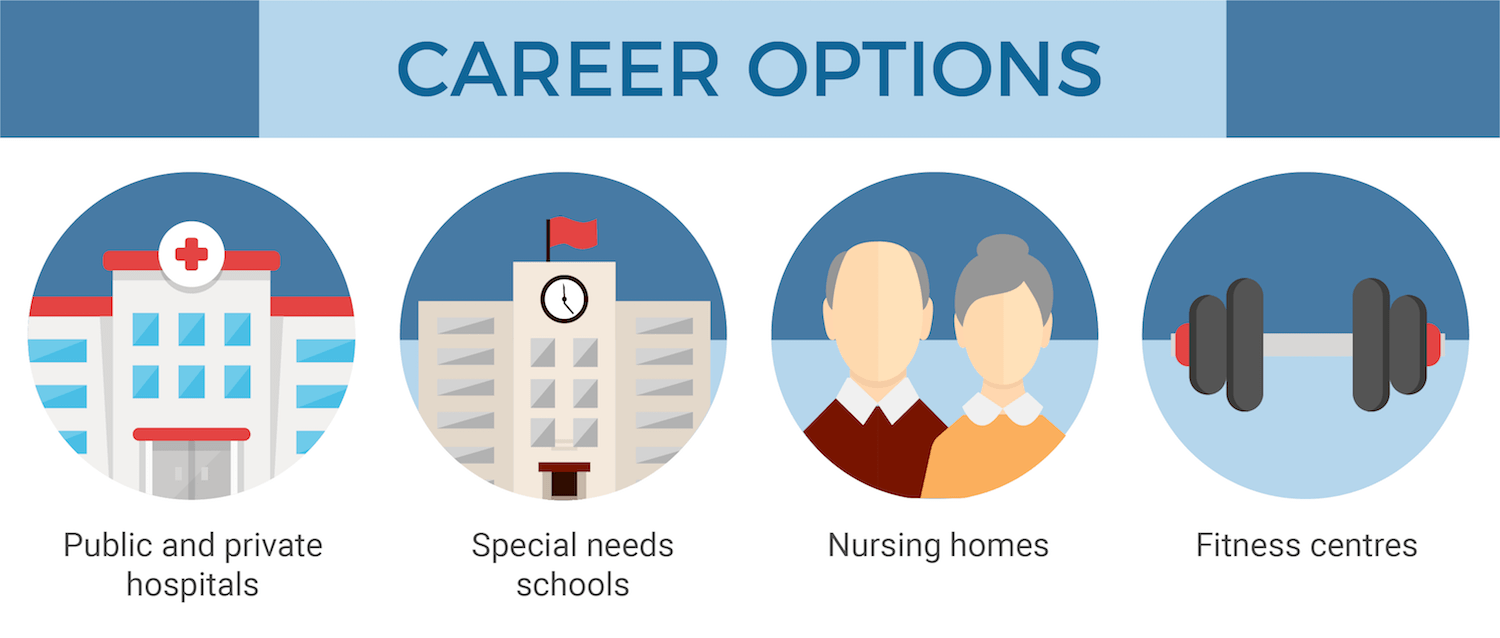
Here are some career options that Physiotherapy graduates can pursue upon graduation.
- Physiotherapist
- Clinical Therapist
- Physiotherapy Specialist
- Physical Therapy Specialist
If you are not fond of the hospital environment, fret not! Physiotherapy graduates can find employment opportunities at various organisations and institutions in need of their services.
- Special needs schools
- Community health centres
- Nursing homes
- Home health agencies
- Corporate or industrial health centres
- Non-government organisations (NGO)
- Research centres
- Sports and fitness centres
#6. Where Can You Study Physiotherapy in Malaysia?
Do you aspire to help people improve their movement? Here are some top universities to study Physiotherapy in Malaysia.
Manipal University College Malaysia (MUCM)
Bukit Baru, Melaka
Intake
Mar, Oct
Tuition Fees
RM60,000
One of the oldest private medical and dental institutions in Malaysia

